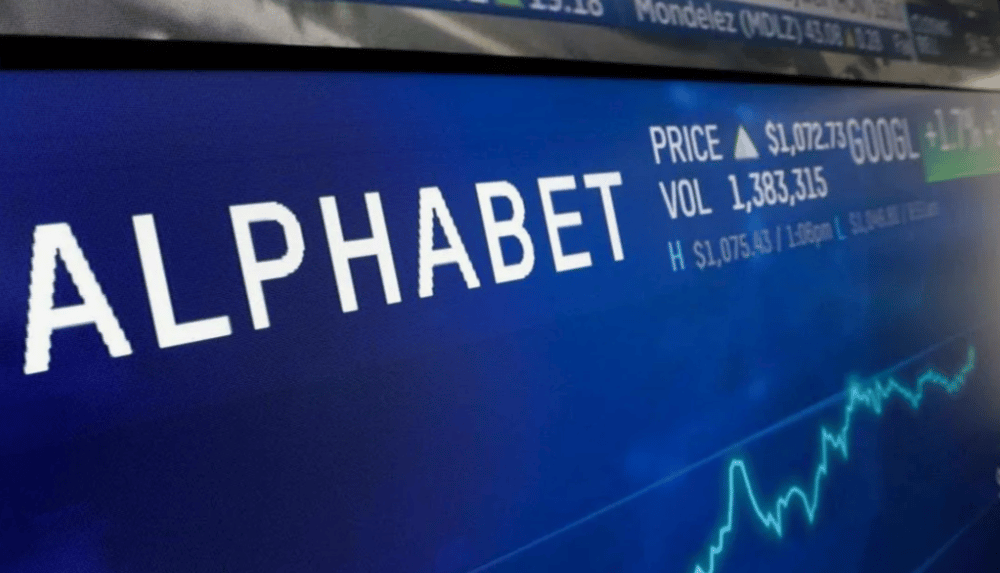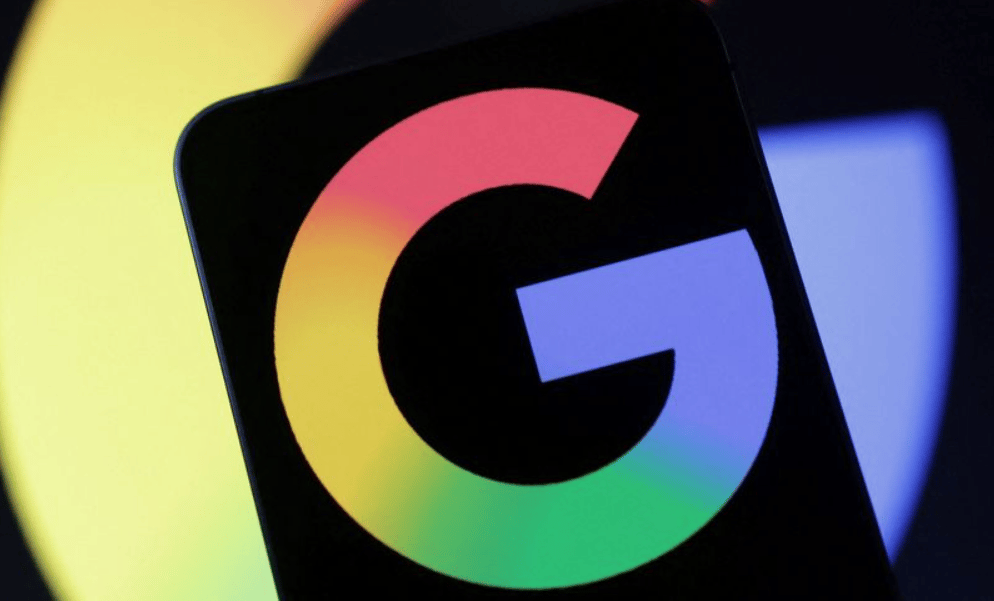Alphabet Inc. to Appeal U.S. Antitrust Ruling Amid Search Market Scrutiny
Alphabet Inc. $GOOGL, the parent company of Google, announced on Saturday its intention to appeal a federal antitrust ruling that challenged its market behavior in online search and digital advertising. The decision follows a court hearing where U.S. District Judge Amit Mehta proposed less stringent remedies than the 10-year oversight regime originally sought by regulators.
The case marks one of the most high-profile antitrust actions against a U.S. tech company in decades, signaling intensified scrutiny over the digital advertising ecosystem and algorithmic control exerted by dominant platforms.
Legal Debate Over Monopoly and Market Remedies
The core of the U.S. Department of Justice’s case centers on allegations that Google abused its dominant position in the search engine market to stifle competition and secure an unfair advantage in digital advertising. While the court agreed that certain practices limited consumer choice and disadvantaged rivals, Judge Mehta stopped short of imposing the decade-long conduct remedies proposed by antitrust authorities.
Google responded in a post on X (formerly Twitter), stating:
"We remain firmly convinced that the court's initial decision was wrong and look forward to the opportunity to appeal."
The legal team at Alphabet plans to contest both the liability findings and the proposed behavioral remedies, arguing that existing market dynamics do not justify regulatory overreach.

Key Facts
Alphabet Inc. to file appeal on federal antitrust ruling
U.S. Judge Amit Mehta proposed lighter remedies than DOJ request
DOJ sought 10-year oversight regime to restore market competition
Court found Google’s dominance harmed competitors, but suggested softer penalties
Google argues initial ruling was "legally flawed" and lacks market context
Market Implications and Legal Perspectives
The legal proceedings could set a precedent for future antitrust enforcement in digital markets. Industry observers highlight that a weaker-than-expected remedy may embolden other tech giants facing scrutiny. Meanwhile, investor reactions remained muted, with Alphabet’s stock closing slightly higher on Friday, reflecting uncertainty around the material impact of any future ruling.
Legal analysts note that while the court refrained from endorsing structural remedies like a breakup of business units, even modest restrictions on default search engine agreements or ad tech integration could erode Google’s competitive edge over time.

Key Takeaways
Google’s appeal challenges both the ruling and proposed remedies.
Judge Mehta's decision prioritizes functional remedies over long-term oversight.
Digital advertising dominance remains central to the antitrust case.
Tech policy experts fear ruling may weaken antitrust enforcement credibility.
Investors appear cautious, pricing in a long legal process with limited short-term risk.
Broader Implications for Big Tech Regulation
Alphabet’s planned appeal reinforces the tech industry's resistance to long-term regulatory supervision. The outcome of this landmark case could influence not only how digital monopolies are defined under U.S. law, but also shape global approaches to antitrust enforcement, particularly within the European Union and Asia-Pacific regions.
As the judicial process continues, the evolving legal framework will likely redefine the boundaries between market leadership and monopolistic behavior in the platform economy.















Comments
It reflects a broader trend of aligning capital with innovation-driven outcomes